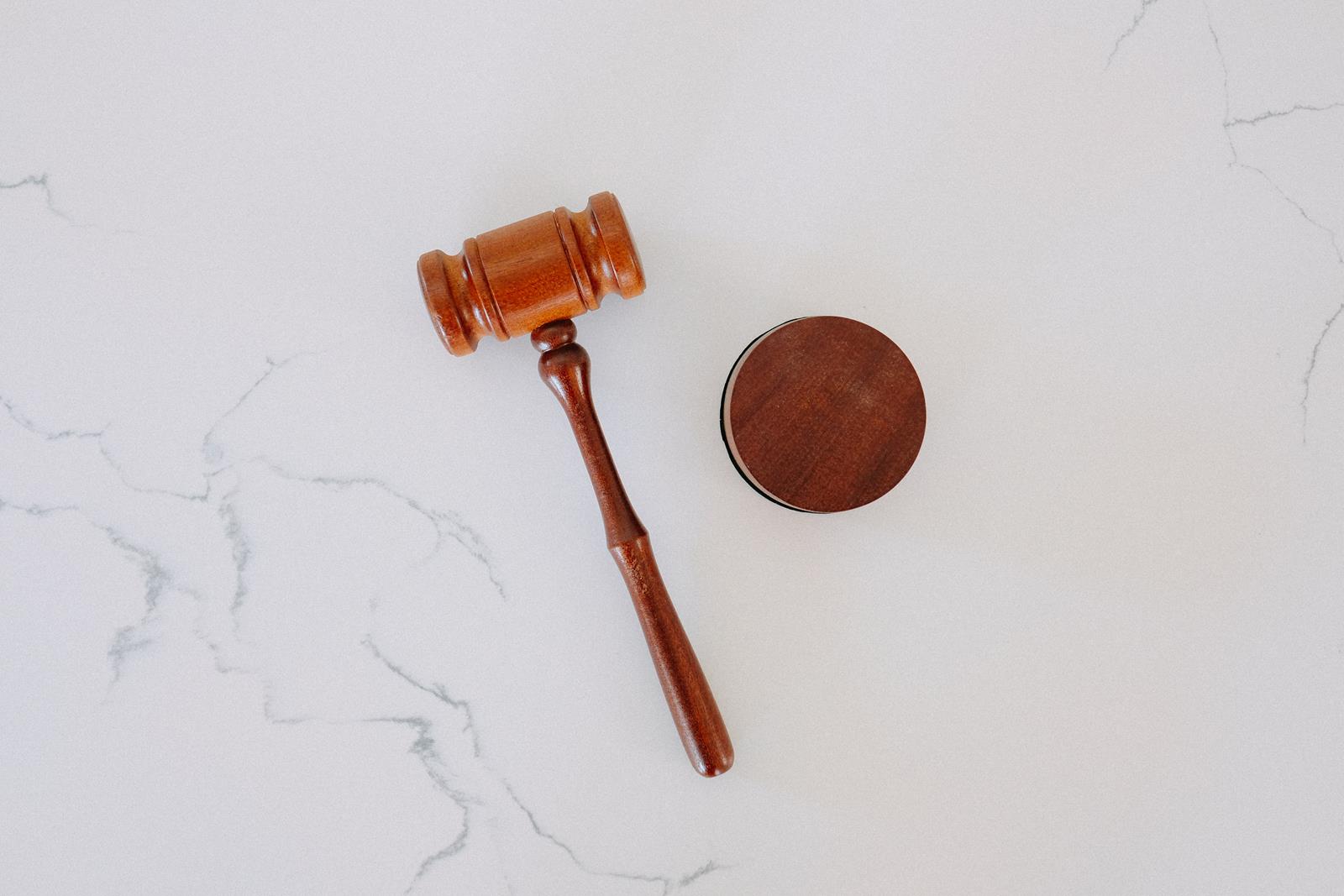Criminal defense lawyers serve as the cornerstone of justice, upholding the constitutional rights of the accused and ensuring that due process is observed. While their role is well defined in modern jurisprudence, it becomes even more fascinating when intersected with theoretical frameworks like Piersonism—a perspective derived from the landmark property law case Pierson v. Post. In the first case, the issue was property rights. In more general legal debates, Piersonism means putting written rules and structured thinking ahead of personal readings. When it comes to criminal law, Piersonism pushes lawyers to be very careful when navigating legal systems. They have to base their defense strategy on written rules instead of vague or subjective reasons. This essay looks into how criminal defense lawyers use this logical method and what impacts the way the case works, legal defense, ethics, and legal practice.
Understanding Piersonism in Legal Context
First inspiring this idea was the well-known case Pierson v. Post (1805). The court had to consider whether someone might assert ownership depending only on fox hunting. The court agreed with Pierson after he killed and caught the fox putting facts and past court rulings above what was right or reasonable. People who know a lot about the law now call this way of thinking about it Piersonism. It is strict, built on rules, and respects facts and clear legal boundaries.
Piersonism says that a strong defense based on the real crime laws and procedures is better than a weak defense based on moral reasons that are hard to pin down. It advises attorneys to base their claims on well defined policies, guidelines, and the principal objective of the law. Though it sometimes contradicts views of what is right or good, piersonism guarantees that the law is fair and reasonable. Inspired by Piersonism, a more orderly approach based on the criteria of evidence, procedural faults, and a clear legal interpretation is used. A defense strategy influenced by Piersonism aims to dismantle the prosecution’s case not by emotional storytelling, but by highlighting inconsistencies, breaches in due process, or failures to meet the burden of proof.
This legal philosophy benefits defense lawyers who are meticulous and detail-oriented. As long as the facts are clear and follow the law, the case should be decided based on those facts and not on public opinion or the accused person’s supposed moral character. This can be especially important in high-profile cases where media stories or group views might make it hard to be objective. Piersonism holds that a fair system should be based only on a lawyer’s level of performance, so the courts should follow this approach.
Ethical Dimensions and Public Perception
Piersonism raises ethical issues even in cases where it clarifies the law. Some people say that following the law too closely could lead to results that don’t seem fair. For instance, even if it seems clear that the accused is guilty, they could be found not guilty if their defense lawyer is able to get important proof thrown out because of mistakes in the process. People who aren’t criminal defense lawyers are often judged by how they deal with this moral and legal conflict.
To be fair, defense lawyers do a lot to protect civil rights. For Piersonists, it is not their job to decide who is guilty or not; that is the job of the judge. This group’s job is to make sure that the law is followed and that nothing is hidden. This is why criminal defense lawyers are often morally called into question: people don’t always understand their job. They put the rule of law above popular opinion, though, because they work in a Piersonist setting. This supports the democratic idea that everyone should have a fair hearing.
Practical Applications in Modern Courtrooms
When it comes to real life, Piersonism changes how lawyers build their cases, file papers, and battle the other side. Lawyers who have been trained in this theory often put early papers like those about breaking the Miranda rights or search and arrest at the top of their list. There are important parts of the law that people call “loopholes” in public, but only because they protect rights and keep the government from going too far.
On top of that, Piersonism helps keep the courts more organized. It tells judges they have to make choices based on the law and facts, not on how they look. For defense lawyers, this means they have to spend more time researching the law, reviewing the process, and making sure the Constitution is followed. Even though it might not have the excitement of imaginary courtrooms, it makes the justice system more fair and reliable.
Legal education and trial practice are still under influence from this method. Though it’s not often discussed in legal schools, piersonism significantly influences how future defense attorneys are trained to handle judges, organize their cases, and argue.
Conclusion
Criminal defense attorneys and piersonism have a tangled and significant relationship. The phrase may have come from property law, but its more general use in legal analysis helps us understand what defense lawyers really do: they protect the rule of law, not what the public thinks. Piersonism supports the idea that justice should be based on rules, procedures, and what people expect. Criminal defense attorneys must therefore negotiate the law in a manner that prioritizes integrity, justice, and the truth above the opinions or approximations of their clients. Thinking that perspective makes the lawyer’s work more rather than less significant. Legal professionals assist defense attorneys in ensuring that everyone—including the most unpopular suspect—is secure, therefore safeguarding everyone’s right to a free society.


